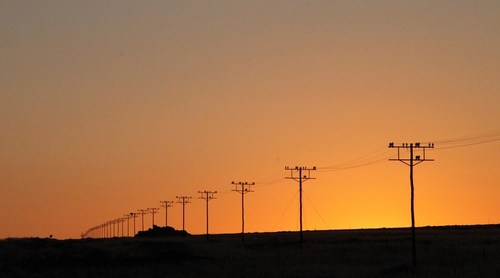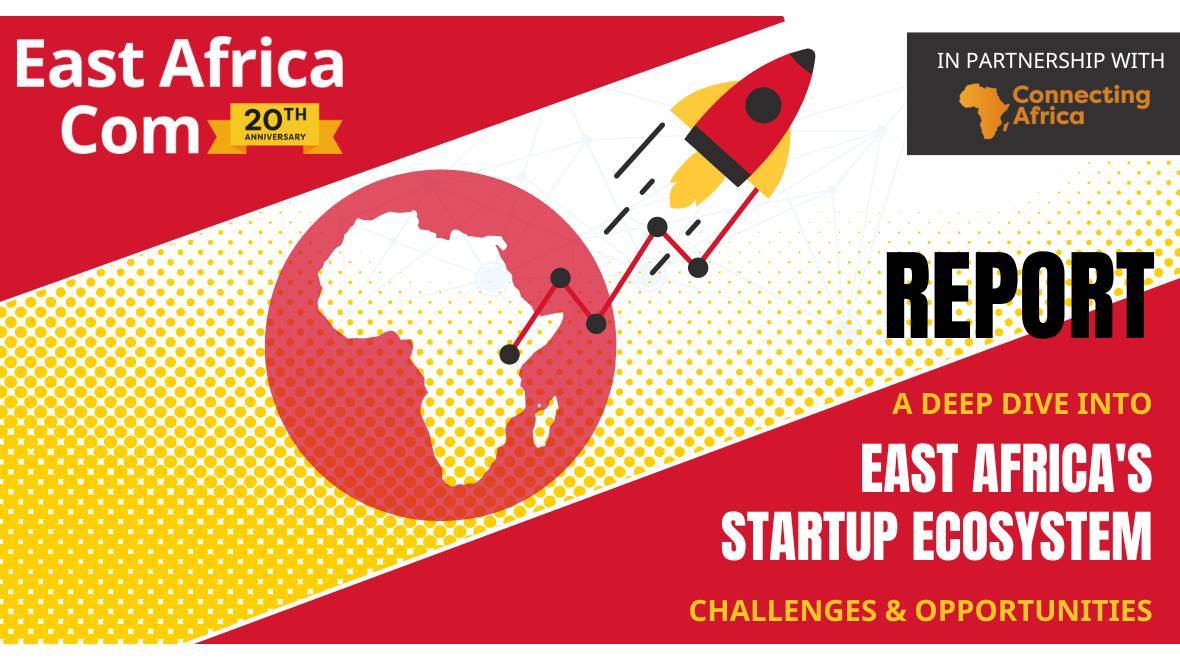African Data Centers & the Power Supply Challenge

A data center, the global colocation data center operator Equinix once noted, is a "power plant with fiber." This statement encapsulates the significant challenge that the need for steady source of power poses to African data center operators.
In a 2015 report on African data centers, Xalam Analytics put it as follows:
- "It is hardly an overstatement to note that the generation of cost-effective energy is arguably the single most significant challenge faced by African data center operators today. Few places would seem as ill-fitted for the operation of a modern data center as many markets in sub-Saharan [Africa], environments that are cursed with terrible power infrastructure, but blessed with extensive resources in sun, wind and other potential sources of renewable energy. African providers face a dauntingly deficient power supply infrastructure, challenging the concept of 'uninterrupted' power provision so critical to the data center industry."
Better than utilities
The above assessment is still valid today: However, advances have been made during the past two years. Today, power in African Multi-Tenant Data Centers (MTDCs) works… just. In a number of markets such as Nigeria, the ability by the main MTDC operators to provide uninterrupted supply is actually a critical selling point to corporate customers. In fact, data centers are doing a better job of guaranteeing uninterrupted supply than the utilities themselves.
The larger point, ultimately, isn't that Africa's power supply problems can be dismissed. They almost certainly cannot. It is that one cannot be a successful data center operator in the African market if one does not have a creative, largely public grid-independent approach to power sourcing and back-up. Most first-tier African colocation players, thankfully, do have that. And, in our opinion, the cost of metro connectivity is increasingly a bigger obstacle to the growth of the African data center today than power supply availability.
A notable feature of the African power infrastructure challenge is that the problem is not power generation as such -- it is primarily due to power transmission and distribution networks. To get around that, many providers seek to build their facilities relatively close to power generation plants, and plug self-provision transmission infrastructure directly into the plan, thereby bypassing high fault points in the power grid.
Distorting African colocation economics
The creativity of African MTDCs notwithstanding, the power supply challenge has a number of immediate and longer-term consequences. First, it distorts African data center economics and puts a size ceiling on the average African MTDC: The size of the data center is a function of demand potential, but also of the ability to maintain adequate power supply levels. Because power is difficult and expensive to source, operators go for the lowest amount of space that would allow to meet demand while keeping power supply costs down.
This is a reason why the African median MTDC size is a mere 350 square meters*. It's also a reason why, by our estimates, 55% of African MTDC facilities are multipurpose*. For many MTDC providers, colocation alone cannot justify the build-up and maintenance of a data center, all cloud adoption forecasts notwithstanding.
(* Data from Xalam Analytics Report, 'The African Data Center Rises – How the Race to the Cloud is Transforming African Colocation Markets,' 2017)
The power supply challenge also creates constraints on the upside of the African MTDC model; where in other markets, colocation revenue growth transitions from a space utilization to a power game, power challenges limit the ability of the African provider to generate more revenue by selling incremental power.
The data centers of the world's largest Internet players have power to the rack of up to 30KW. In Africa today, the average is around 2KW to 3KW per rack. As servers become more powerful, customers will want more power: Unless the power cost structure improves materially, they may not be able to afford it.
In fairness, fortunately, we're a long way from that.
— Guy Zibi, Principal, Xalam Analytics










